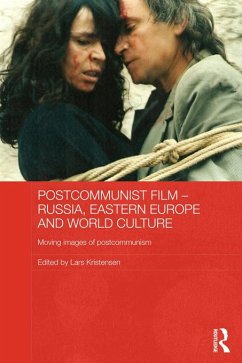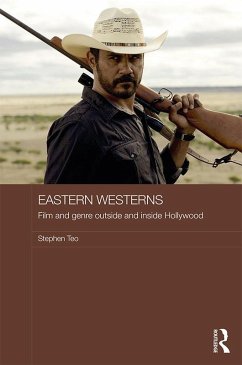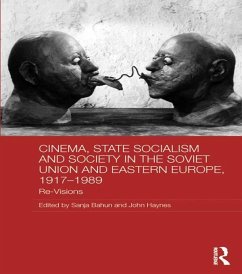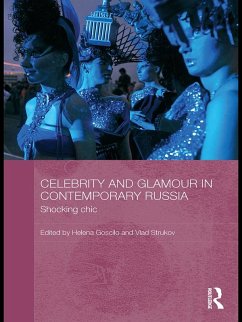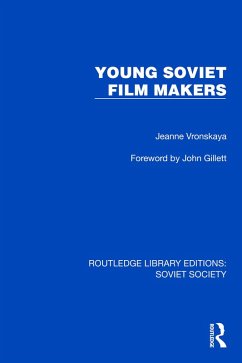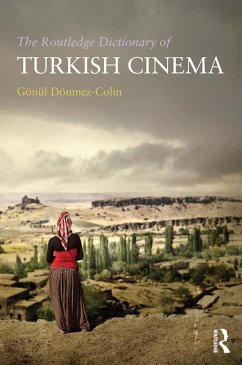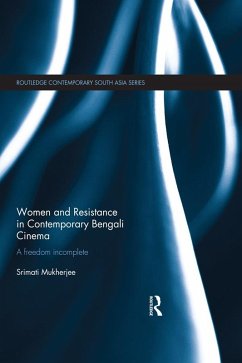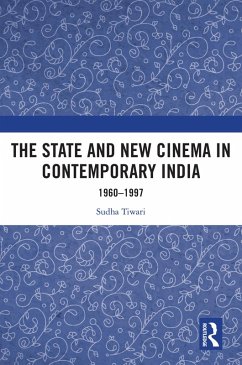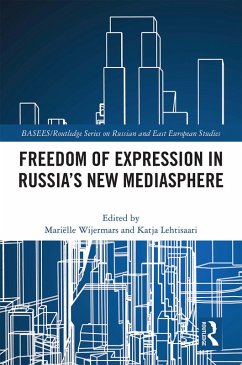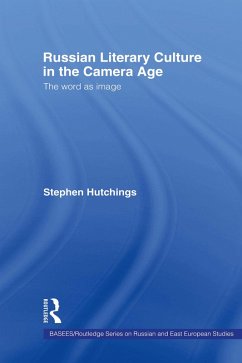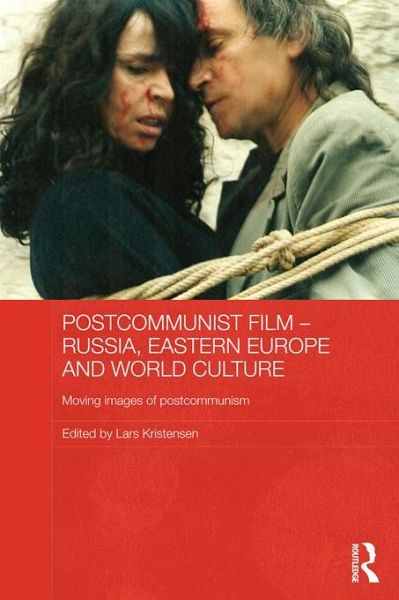
Postcommunist Film - Russia, Eastern Europe and World Culture (eBook, ePUB)
Moving Images of Postcommunism
Redaktion: Kristensen, Lars

PAYBACK Punkte
28 °P sammeln!
A post-communist condition has arisen from the fall of the Berlin Wall and later the Soviet Empire: this book looks at how this condition has manifested itself globally in the production of post-communist film. It argues post-communism is a shared experience on a geopolitical level, unlimited by national state borders, and examines post-communist cross culturalism and global totalitarianism within film.The book examines different national cinemas and dissimilar cinematic modes - from Russian blockbuster cinema to Chinese independent cinema; from Serbian city films to revolutionary films of Moz...
A post-communist condition has arisen from the fall of the Berlin Wall and later the Soviet Empire: this book looks at how this condition has manifested itself globally in the production of post-communist film. It argues post-communism is a shared experience on a geopolitical level, unlimited by national state borders, and examines post-communist cross culturalism and global totalitarianism within film.
The book examines different national cinemas and dissimilar cinematic modes - from Russian blockbuster cinema to Chinese independent cinema; from Serbian city films to revolutionary films of Mozambique - all formulated as within the postcommunist condition. It considers the postcommunist film in terms of transnational and World cinema. It covers a wide range of films from small and independent filmmaking to mainstream, popular cinema, and explains post-communist signifiers as manifested in visual culture both inside and outside former, and current, communist countries.
The book examines different national cinemas and dissimilar cinematic modes - from Russian blockbuster cinema to Chinese independent cinema; from Serbian city films to revolutionary films of Mozambique - all formulated as within the postcommunist condition. It considers the postcommunist film in terms of transnational and World cinema. It covers a wide range of films from small and independent filmmaking to mainstream, popular cinema, and explains post-communist signifiers as manifested in visual culture both inside and outside former, and current, communist countries.
Dieser Download kann aus rechtlichen Gründen nur mit Rechnungsadresse in A, B, BG, CY, CZ, D, DK, EW, E, FIN, F, GR, HR, H, IRL, I, LT, L, LR, M, NL, PL, P, R, S, SLO, SK ausgeliefert werden.




